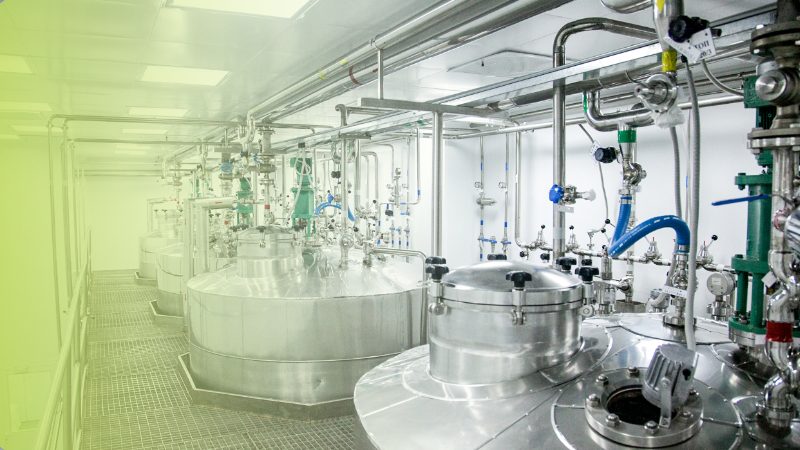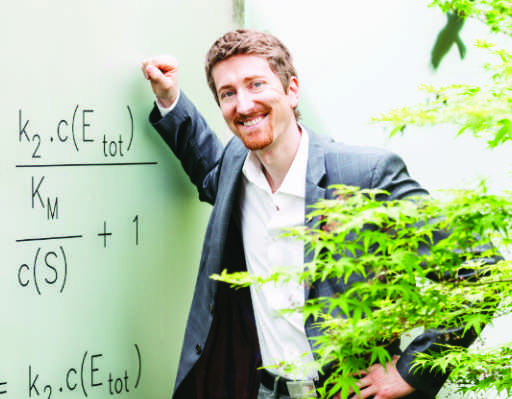Rethinking waste: What if biotechnological process residues could drive the next generation of microbial and plant-based production systems?
Background
Modern biotechnological processes generate substantial waste streams, including spent media and biomass, which are often discarded through energy-intensive methods. For instance, monoclonal antibody production using Chinese hamster ovary (CHO) cells produces over 1,000 metric tons of biomass annually. Similarly, large-scale microbial fermentation processes generate even more waste, competing with global water and nutrient resources and burdening sewage systems.
Technology
acib’s biotech upcycling platform concept transforms biotechnological waste into resources for microbial fermentation and plant cultivation, enhancing sustainability, reducing footprints, and optimizing carbon and water use for ecological and economic benefits:
- Comprehensive Waste Characterization: Spent media and biomass from pharmaceutical and bulk biotechnological processes are analyzed for nutrients and potential inhibitory compounds.
- Efficient Conditioning Processes: Cost-effective methods prepare retro-feed solutions without additional water, reducing resource consumption and improving process mass intensity.
- Heterotrophic Plant Cultivation: Cell culture wastes are repurposed to support hydroponic and aeroponic plant growth, minimizing reliance on conventional fertilizers.
- Microbial Fermentation: Conditioned waste streams serve as growth media for microbial fermentation reducing input costs.
- Circular Bioeconomy Innovation: A closed-loop system bridges biopharmaceutical production with bulk biotechnological and plant biomass generation, significantly lowering waste and resource footprints.
- Environmental and Economic Benefits: The platform optimizes carbon and water use while reducing both media and waste management costs, aligning with global sustainability goals and enhancing market competitiveness.
This unique approach transforms waste into a valuable resource, setting new benchmarks for cost-efficient and sustainable biomanufacturing.
Offer
acib invites industrial partners to collaborate in scaling and commercializing this innovative technology, fully customized to meet your specific process needs, with the added benefit of exclusive IP ownership.
Experts:
Prof. Dr. Johannes BuyelDevelopment status:
Technology Readiness Level 3 (Experimental proof-of-concept)Keywords:
Innovative Bio-Upcycling, Circular Bioeconomy, Spent Media Recycling, Hydroponics and Aeroponics, Optimizing Microbial Upstream, Sustainable Biomanufacturing, Resource Efficiency, Environmental Impact ReductionPicture: Shutterstock

